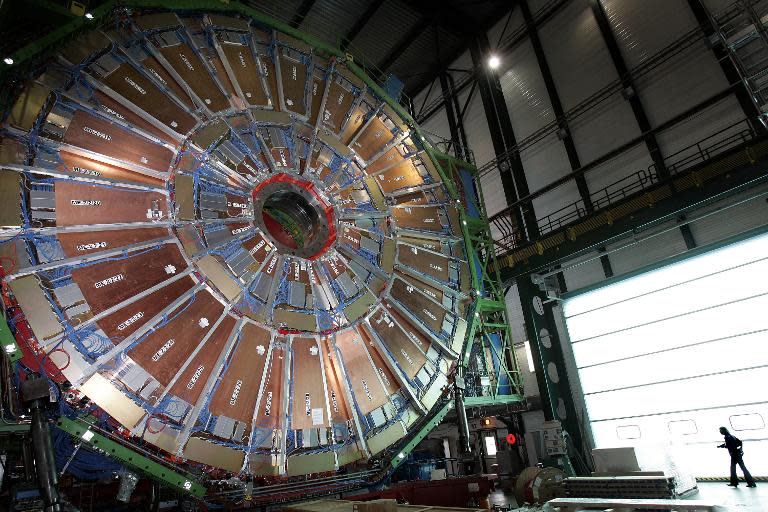 Rob Waugh
Rob WaughThe Large Hadron Collider ‘Could Produce Tiny Black Holes On Earth’
But it’s less likely than we thought

Conspiracy theorists feared that when the Large Hadron Collider switched on, it would produce an enormous black hole, sucking us all into it.
That hasn’t happened, obviously - and nor has the LHC produced any of the microscopic black holes that many expected, according to University of Alabama researchers.
But it still could produce tiny black holes - which would give scientists a new way to investigate gravity, and prove the existence of extra dimensions, the scientists believe.
The University of Alabama's Shaqoi Hou and Benjamin Harms and the University of Mississippi's Marco Cavaglia believe that so far, the LHC has not produced any black holes.
The researchers believe they have ruled out black holes with 95% certainty, by comparing simulations of black hole formation, with real data from LHC experiments.
The researchers write that it’s still possible that the LHC could produce microscopic black holes.
They write, ‘The predicted lower limits constrain the additional dimensions model but do not exclude it.’

 Yahoo News
Yahoo News 